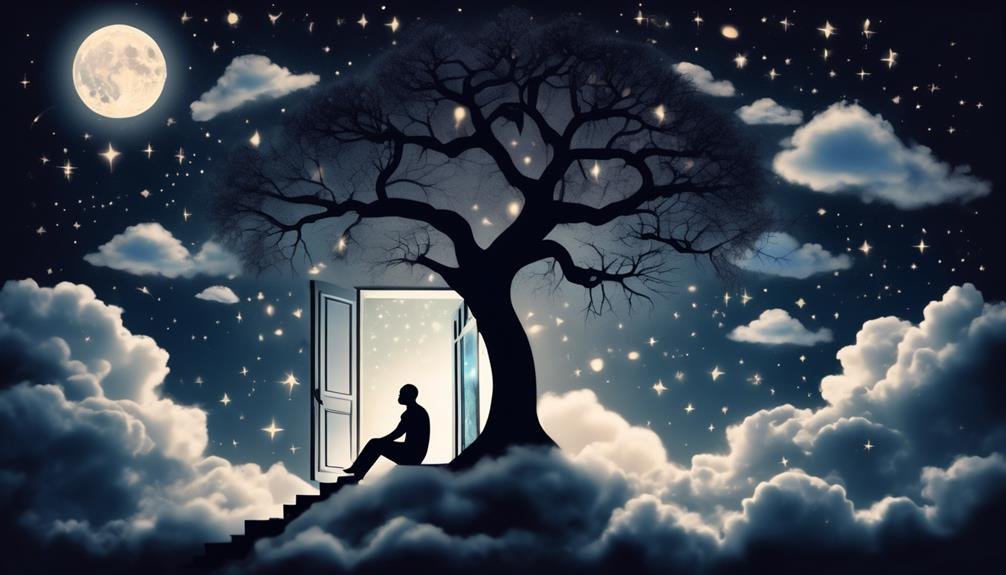Cultural perspectives play a significant role in interpreting dreams. Different cultures have unique beliefs and practices regarding dreams, influencing how people understand their meanings. By exploring ways cultural perspectives influence interpreting dreams, we can gain a deeper appreciation for the messages our dreams may hold.
1. Symbolism and Meaning
One of the primary ways cultural perspectives influence interpreting dreams is through symbolism. Different cultures attribute distinct meanings to common dream symbols. For example, in some cultures, dreaming of water may symbolize emotions, while in others, it might represent fertility or prosperity. Understanding these cultural interpretations can enhance our understanding of our dreams.
2. Dreams as Spiritual Messages
In many cultures, dreams are seen as spiritual messages. For instance, Indigenous cultures often view dreams as a way to connect with ancestors or receive guidance from spiritual beings. This belief can shape how individuals interpret their dreams, viewing them as sacred experiences rather than just random images. Recognizing this perspective can change the way we interpret our dreams.
3. Cultural Narratives and Folklore
Cultural narratives and folklore can also influence the interpretation of dreams. Many cultures have stories or myths that provide context for dream experiences. For example, in some African cultures, dreams may be interpreted in the context of community and family, while in Western cultures, dreams might be seen more individually. Understanding these narratives can offer new insights into our dream interpretations.
4. Role of Religion
Religion is another significant factor in how cultural perspectives influence interpreting dreams. For example, in some religious traditions, dreams are considered prophetic or a form of divine communication. This belief can lead to a more profound interpretation of dreams, where individuals seek to understand the divine messages within their dream experiences.
5. Collective vs. Individual Interpretation
Cultural perspectives often shape whether dreams are interpreted collectively or individually. In collectivist cultures, dreams might be seen as shared experiences that connect individuals to their community. In contrast, individualistic cultures may focus more on personal meaning. This distinction influences how we approach interpreting dreams, affecting our understanding of their significance.
6. Gender and Dreams
Gender roles and expectations within a culture can also impact how dreams are interpreted. In some cultures, dreams experienced by men and women may be understood differently based on societal norms. Recognizing these gendered interpretations can help us better understand the nuances of our dream experiences.
7. Dreams in Healing Practices
In various cultures, dreams play a role in healing practices. For instance, some Indigenous cultures use dream interpretation as a therapeutic tool. Understanding how these cultures incorporate dreams into healing can provide valuable insights into the emotional and psychological dimensions of our dreams.
Conclusion
Cultural perspectives significantly influence interpreting dreams, shaping how we understand their meanings and implications. By exploring these diverse interpretations, we can gain deeper insights into our own dream experiences. Recognizing the impact of cultural beliefs can enhance our appreciation of dreams as windows into our subconscious and shared human experiences.
Embrace the richness of cultural perspectives in interpreting dreams, and let these insights guide your journey of self-discovery!



